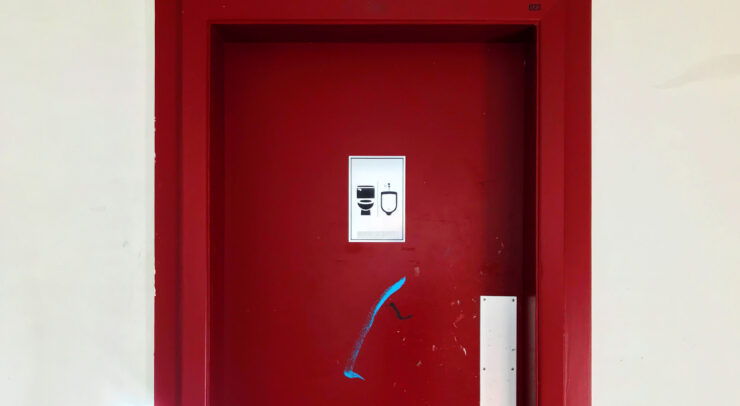Board wants improvement in French course offering, sets date for divestment talk
The University of Ottawa’s Board of Governors (BOG) convened for their first meeting of the year on Monday, Jan. 25. On the agenda was the university’s overall performance, as well as updates on fossil fuel divestment, bilingualism, and the ombudsperson’s report.
Fossil fuel divestment
Near the outset of the meeting, Rock introduced plans that could lead to the university divesting from fossil fuels.
Rock said the university has commissioned an external expert report on the subject, as well as a report by U of O professor Stewart Elgie. He said there will also be a divestment-centred event held by the university on March 22. This event will feature an academic roundtable, an expert panel on divestment, as well as an event organized by the Student Federation of the University of Ottawa (SFUO) and the Graduate Students Association (GSAÉD).
He said he hopes these steps can “pave the way to a BOG discussion on divestment by the end of April.”
Scoreboard
The board examined the presentation of a “scoreboard”, examining the university’s performance last year. BOG chair Robert Giroux said the goal of this “detailed scoreboard” is “progress in all areas for our vision 2020 plan.”
Early on, the presentation showed a focus on the graduation rate, which has increased only slightly. “The key word for faculties will be retention,” said Michel Laurier, vice-president academic and provost. “We are still far from our goal,” he said. The retention rates at both undergraduate and graduate level were of concern, since they didn’t increase as much as expected.
Laurier also announced that the university finalized the hiring process for 60 more professors in the 2014-15 school year to improve the student-teacher ratio. Rock had mentioned in a previous meeting that the university had scaled back admissions partly in order to maintain a stable teacher-student ratio.
Another focus of the presentation was bilingualism.
The scoreboard showed that 40 per cent of students enrolled last year were Francophone, which Laurier said is higher than previous years.
The report also indicates that the number of international Francophone students is increasing, largely due to the university’s policy of charging international Francophone students the domestic tuition rate.
As for course availability, Giroux said he believes the university can do more to ensure all of its courses are available in both official languages. This comes soon after the U of O made French-language studies a right with legislation that came into effect in January 2016.
President’s report
Outgoing university president Allan Rock announced that the university’s new chancellor, Calin Rovinescu, will be officially installed in a ceremony on the morning of Feb. 5. No further details were given.
He also said he was proud of the U of O’s economic impact, citing the recent Conference Board of Canada’s Impact of the University of Ottawa report, commissioned by the university, which found that the U of O contributes up to $7.4 billion per year to the Ottawa-Gatineau region.
Rock ended his report by announcing that the university had filed its statement of defence in the lawsuit by former hockey players, led by Andrew Creppin
(see page 5).
Ombudsperson’s report
Lucie Allaire, the university’s ombudsperson, spoke and outlined the main points of her recently released fifth annual report.
Her report flagged five areas of concern brought by students—academic sanctions for non-academic conduct, examination of formal complaints of discrimination made by students, delays in the implementation of the accommodation and accessibility policies, and inconsistent information on the right to appeal.






